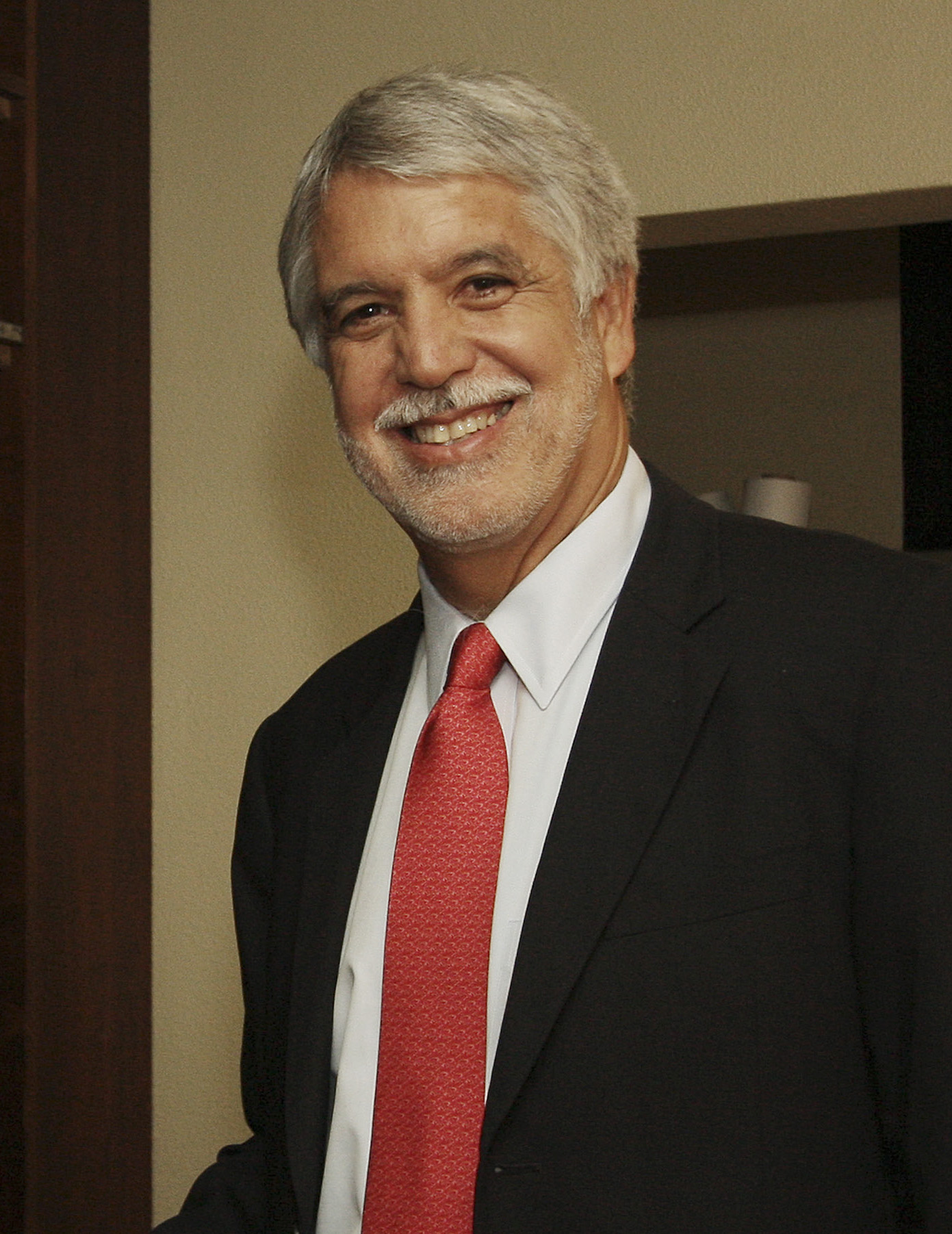Global Community Communications Alliance honors those citizens whose stand for truth and service to humankind goes above and beyond the “Call of Duty” and is displayed by exemplary action for the furtherance of true justice, tolerance, and higher consciousness for this world and the world to come.
Honorary Planetary Citizen of the Month
Enrique Penalosa
Progress for the People1

Can you imagine having a car-free day in a city of such size? How about on a weekday? Done. He also closed 120 kilometers of roads to motor vehicles for seven hours every Sunday, constructed the longest pedestrian-only street in the world (17 kilometers long), put in Latin America’s largest network of bicycle ways (spanning 250 kilometers), and instituted a world-class Bus Rapid Transit system called Transmilenio to cut down on private vehicles and accommodate the people. To Penalosa, these steps were not only positive environmentally—that was lesser to him—they helped to provide a social justice, a form of equalizing between the rich and poor classes. "In Bogota, we chose to build a city for people, not for automobiles," he said.2
Isn’t it time we build cities that are more child-friendly? "…we are trying to find the new city that we need to give children the environment that they want. If you build happy children, you will have everything.3 This was one of the important questions that fueled his vision: how to implement actions that can assist meeting the higher types of needs for the citizen-needs related to personal well-being.
What else would be beneficial for the people? During his term Bogota benefited from over 1,200 new or reconstructed parks. The parks are essential for the poorer people in urban areas, he said, who traditionally may have had little or no access to nature otherwise. He planted over 100,000 trees for the future and created the successful Urban Land Reform institution.
Understanding the need for better educational opportunity, he was able to increase child enrollment in public schools by more than 200,000, along with having major improvements done to more than 150 school buildings, and building 50 new schools. Penalosa also turned 29 poor neighborhood new school’s administration into top grade private schools. In preparation for future students, he built over 100 nurseries for children under 5 and assured resources for their operation. What do you think an "urban temple" would be? For Penalosa it is libraries. He had 16 neighborhood libraries renovated and created a network of Internet access between libraries and schools, installing 14,000 computers in the schools. In just a few years Bogota became a "public library mecca," boasting over twelve million library patrons annually and claiming to have "the most visited public library in the world."4
Since his office ended, Penalosa has traveled to many major cities across the world to share his vision and experiences. In a world where more people are migrating to the big cities looking for jobs, resulting in overcrowding, pollution, excessive traffic, and increasing competition, it is refreshing to find a leader dedicated to alleviating the stresses found there. It is inspiring to hear the mayor of a major city saying to its people, "You are important, not because you’re rich or because you have a Ph.D., but because you are human….If people are treated special, as sacred even, they behave that way. This creates a different society."5
We at Global Community Communications Alliance honor Enrique Penalosa for being a beacon of hope in the strife-torn country of Colombia and for leading the way for a higher prototype of a future city, wholly, and truly, for the benefit of one and all.
1As told to Susan Ives in Yes! magazine interview, Summer 2003 issue, "The Politics of Happiness"
2From the article "World’s Leading Urban Reformer Shares New Way to Build Cities," by Karl Fjellstrom, GTZ, SUTP-Asia Project Coordinator, posted on the CityNet website (www.citynet-ap.org/en/Activities/SUTP/sutp3.htm)
3Quote from Penalosa’s advisor, Oscar Edmundo Diaz, to Tooker Gomberg, included in Gomberg’s article "How Bogota Beat Cars" as reported in "Libraries lure residents out of the slums of Bogota," 2004, The Dallas Morning News , September 28, 2004.
4From Yes! interview. See above.
5From Yes! interview. See above.
